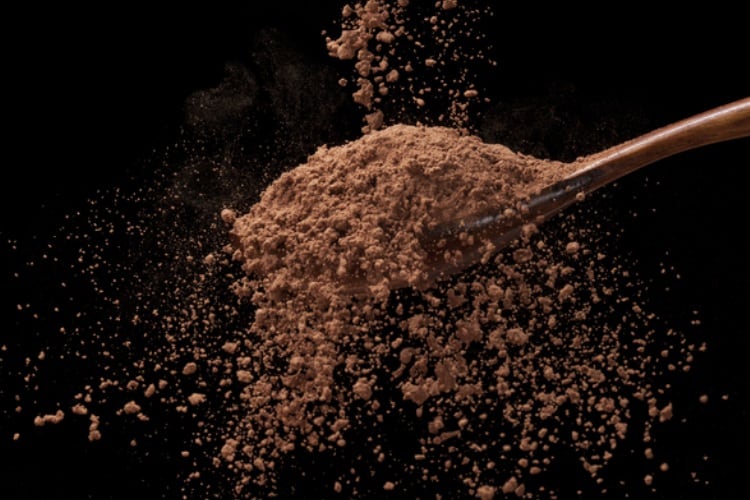Post, General Mills and Mondelēz are facing their day in court for alleged deceptive trade practices, fraud, false advertising, bread of express warranties and unjust enrichment.
Kenneth Copeland and John Doe filed a class-action lawsuit in the US District Court for the Eastern District of New York against Post Consumer Brands LLC, claiming its Cocoa Pebbles cereal falsely claims to contain ‘real cocoa.’
The cocoa in the cereal is actually alkalized, which increases the depth of color but detracts from the real cocoa flavor.
Real cocoa?
Spencer Sheehan of Sheehan & Associates in New York, which represents the plaintiff in the Post case, also filed a similar lawsuit for plaintiff Oscar Lopez against General Mills, alleging its products do not contain ‘real’ cocoa as advertised.
At issue is the company’s chocolate-flavored cereals, including Chocolate Cheerios, Cocoa Puffs, Chocolate Toast Crunch, Chocolate Chex, as well as other seasonal cereals, such as Count Chocula.
Mondelēz Global, LLC, too, is facing a lawsuit for placing the statement ‘Always Made With Real Cocoa’ on the front of its Oreo packages.
Charles Harris, represented by Spencer Sheehan of Sheehan & Associates, claims they are not.
What is alkalized cocoa powder?
The process of alkalizing, or Dutching, cocoa began in the mid-1800s in Holland to control its quality.
Alkalization occurs when the cocoa powder is washed with a potassium solution, which neutralizes its acidity to a pH of 7.
This extra step distinguishes it from natural cocoa powder, which maintains a more acidic quality of around 5. This acidity is borne out in natural cocoa’s flavor, which has a sharp, almost citrus fruit finish.
Compared to natural cocoa powder, alkalized cocoa is darker brown, with reddish undertones and has a smoother, mellower flavor.
Alkalized cocoa powder is typically used for industrial-scale production because it dissolves more easily in liquids. It also does not react with alkaline leavening agents like baking soda to produce carbon dioxide.
Heavily Dutched cocoa powders – the black, bittersweet cocoa used in Oreo cookies – brings the powder to an alkaline level of 8.
Altered ingredient
The lawsuits against Post, General Mills and Mondelēz allege their products contain cocoa that has been altered and cannot be characterized as ‘real.’
The lawsuit against General Mills states, “No reasonable consumer would expect that a product promoted as containing ‘real cocoa’ or ‘100% real cocoa’ would also contain or be made with alkalis, because ‘real’ is understood to be the ingredient in its most simplified and reduced form.”
The case against Post also argues that highlighting the ingredient for its simplicity wrongly implies that it is “nutritionally and organoleptically superior.”
The suit against Mondelēz asserts the “defendant has tapped into consumer demand for ‘real ingredients’ by promoting the products as ‘always made with real cocoa’”, which is misleading as the biscuits do not contain it in “the amount, type and/or form” a reasonable consumer would expect.
General Mills and Mondelēz had not responded to our request for comment before publication, while Post said it would not comment on pending litigation.
Cases:
Post: US District Court for the Eastern District of New York case number 2:19-CV-02488
General Mills: US District Court Eastern District of New York case number 2:19-CV-01841
Mondelēz: US District Court Eastern District of New York case number 1:19-CV-02249


